-
Aula Verde (tree room) as a link between art and science to raise public awareness of nature-based solutions
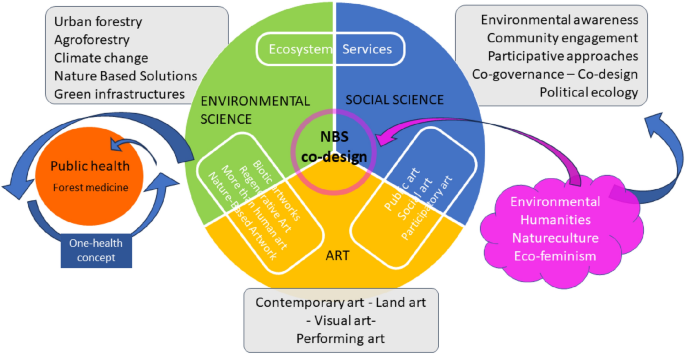
Abstract Nature-based solutions inherently require a multifaceted perspective that encompasses diverse fields. The aim of this project is to develop more effective nature-based solutions, climate action and environmental awareness by breaking down boundaries between disciplines and fostering a co-creative process. Concepts of ecology and urban forestry were combined with the research on political ecology, environmental…
-
CERN’s supercollider plan: $17-billion ‘Higgs factory’ would dwarf LHC
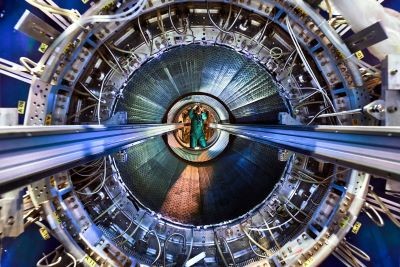
Europe is pushing forwards with plans to build a 91-kilometre-long, 15-billion-swiss-franc (US$17-billion) supercollider underneath the French and Swiss countryside. The machine would allow researchers to study the Higgs boson in detail. But scientists are under pressure to convince funders that such an enormous investment is worth it, following the lack of new physics revealed by…
-
Open science — embrace it before it’s too late
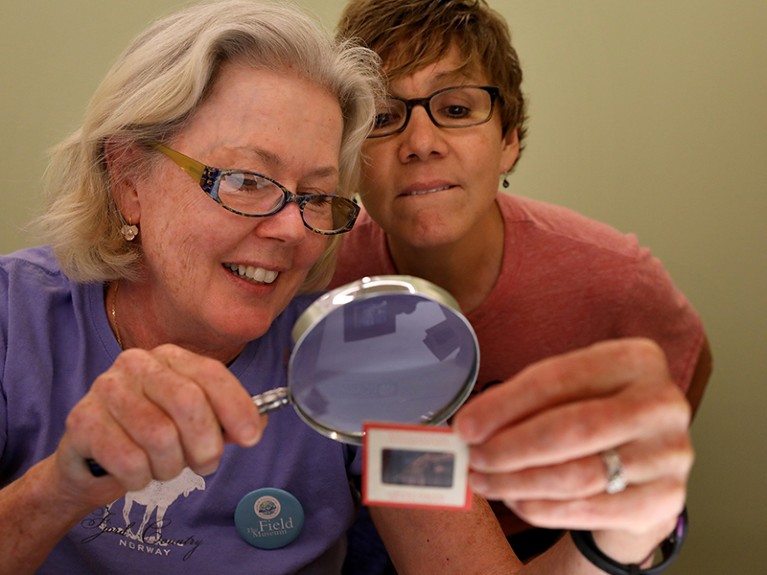
Biodiversity science is benefiting from volunteer researchers (seen here working at Chicago’s Fields Museum).Credit: Nancy Stone/Chicago Tribune/Tribune News Service/Getty The ‘open science’ concept is gaining more followers, not least through the efforts of the cultural organization UNESCO. Over the past several years, the organization has been consulting on how science can become more collaborative, transparent,…
-
Two Faculty Members Win Inaugural Hill Prizes for Research With Significant Real-World Impact

Maria A. Croyle Two UT Austin faculty members have been awarded with 2024 Hill Prizes, which accelerate high-risk, high-reward research ideas with significant potential for real-world impact. Funded by Lyda Hill Philanthropies and announced by TAMEST (Texas Academy of Medicine, Engineering, Science & Technology), the Hill Prizes are given in five categories: medicine, engineering, biological sciences,…
-
It’s time to admit that genes are not the blueprint for life
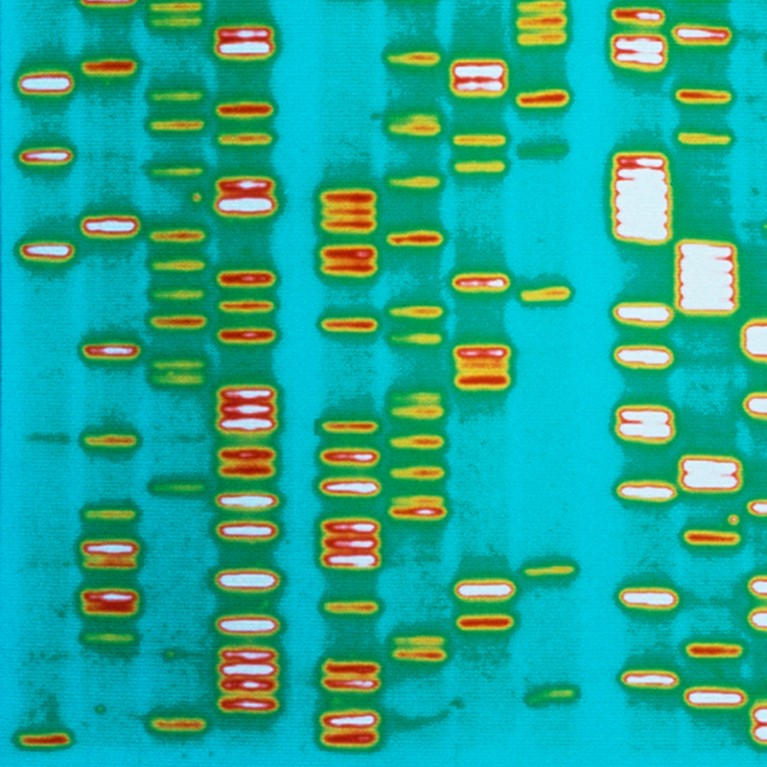
DNA sequencing has become routine, but the roles of individual genes can be hard to be pin.Credit: Peter Menzel/SPL How Life Works: A User’s Guide to the New Biology Philip Ball Pan Macmillan (2024) For too long, scientists have been content in espousing the lazy metaphor of living systems operating simply like machines, says science…
-
First passages of rolled-up Herculaneum scroll revealed

Text from the Herculaneum scroll, which has been unseen for 2,000 years.Credit: Vesuvius Challenge A team of student researchers has made a giant contribution to solving one of the biggest mysteries in archaeology by revealing the content of Greek writing inside a charred scroll buried 2,000 years ago by the eruption of Mount Vesuvius. The…
-
Science and government: can the power struggle ever end?
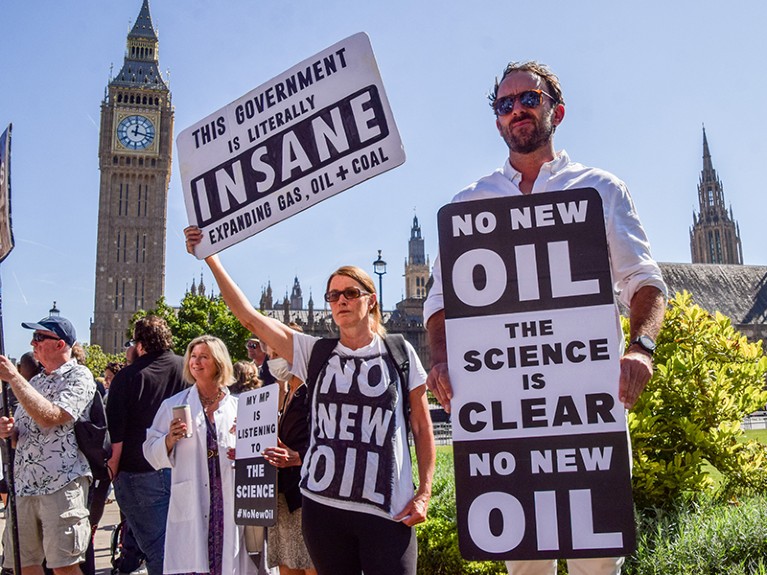
Scientists joined climate activists in challenging the UK government’s fossil-fuel policies in London in September 2023.Credit: Vuk Valcic/SOPA Images/LightRocket/Getty When Science Meets Power Geoff Mulgan Polity (2023) Relations between scientific communities and governments are often tense — think back to how science advisers were both given a platform and criticized during the COVID-19 pandemic. Although…
-
‘Obviously ChatGPT’ — how reviewers accused me of scientific fraud

Accusations of plagiarism, including alleged misuse of ChatGPT, should not be made lightly.Credit: Alexandre Rotenberg/Alamy I have just been accused of scientific fraud. Not data fraud — no one accused me of fabricating or misleadingly manipulating data or results. This, I suppose, is a relief because my laboratory, which studies how global change reshapes ecological…
-
Innovative funding systems are key to fighting inequities in African science
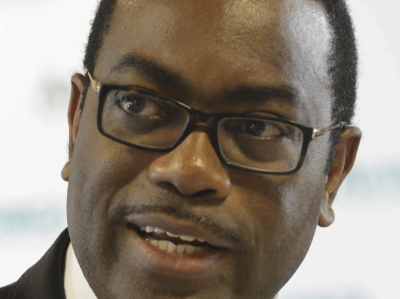
With African investment in research and development (R&D) still well below the global average, African higher-education and research institutions rely on grants from outside the continent. This is not ideal, but it will be inevitable until African countries follow through on their promises to spend more on research. Most research grants are merit-based — intended…
-
Forests Break a Mesmerizing Law Found Throughout Nature
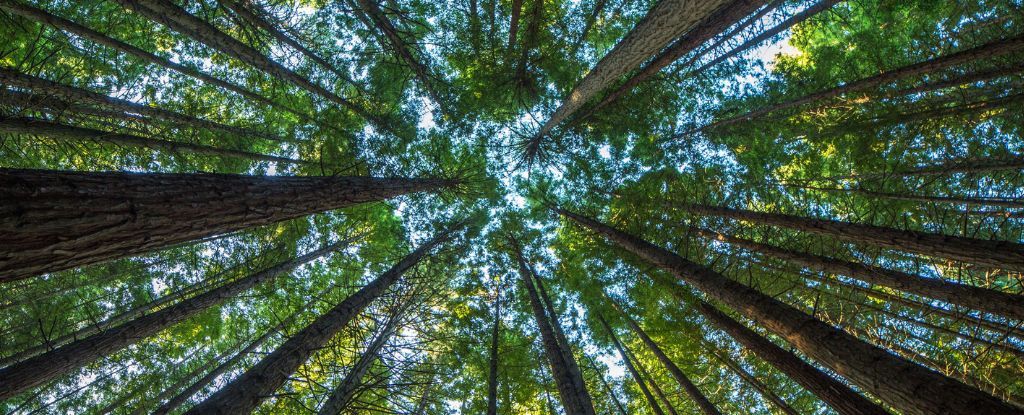
The beautiful thing about fractals, the self-repeating patterns found throughout nature, is their enchanting repetition which runs infinitely deep. Zoom in on the branching found in objects like fern fronds and snowflakes and you’ll see they repeat in miniature – sometimes all the way down to atomic and quantum matter. Mesmerizing as they are, such…